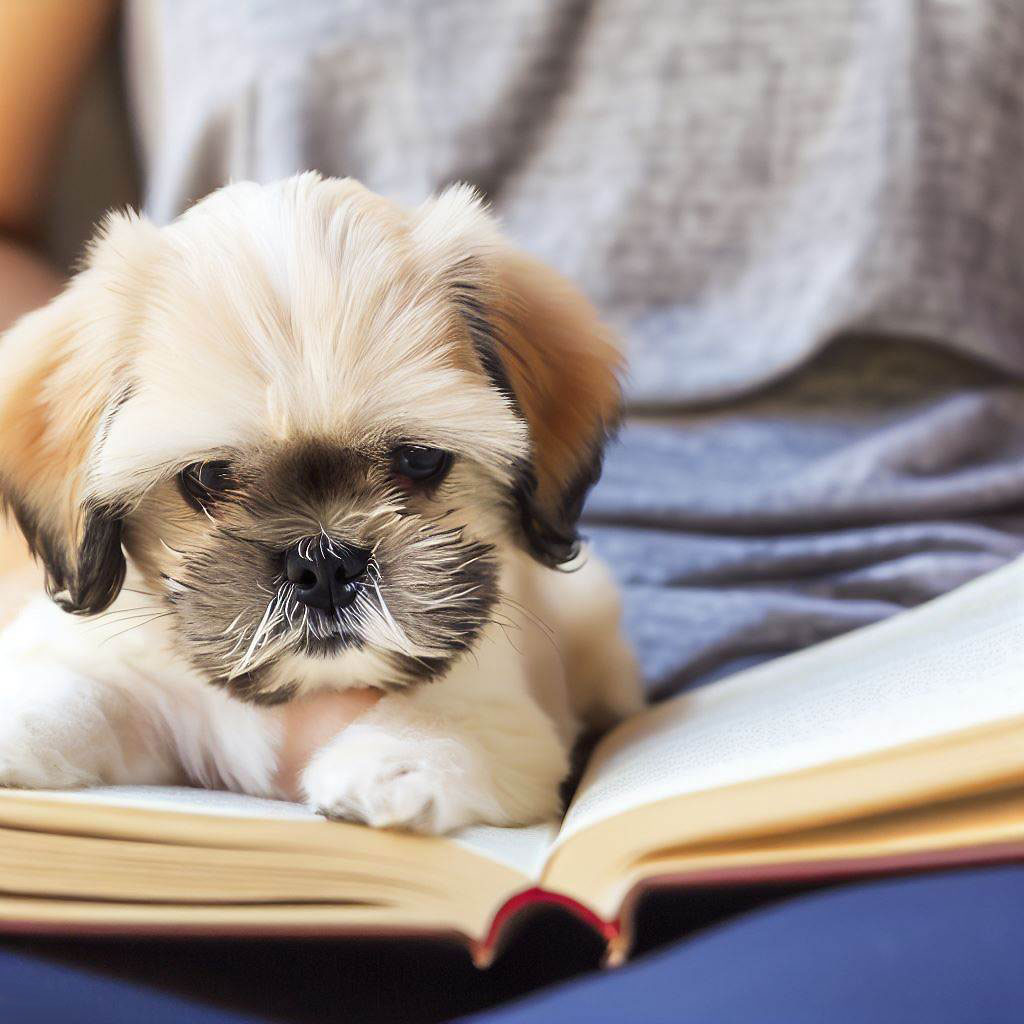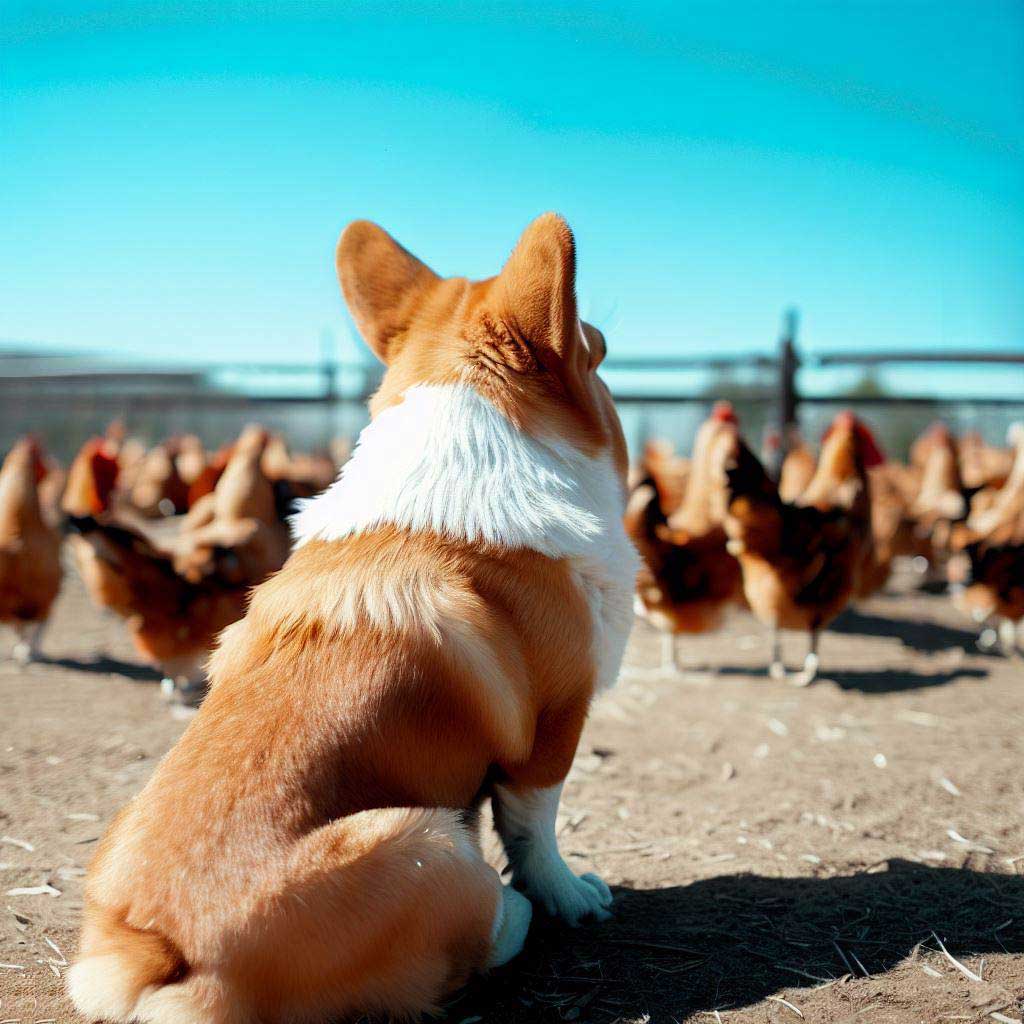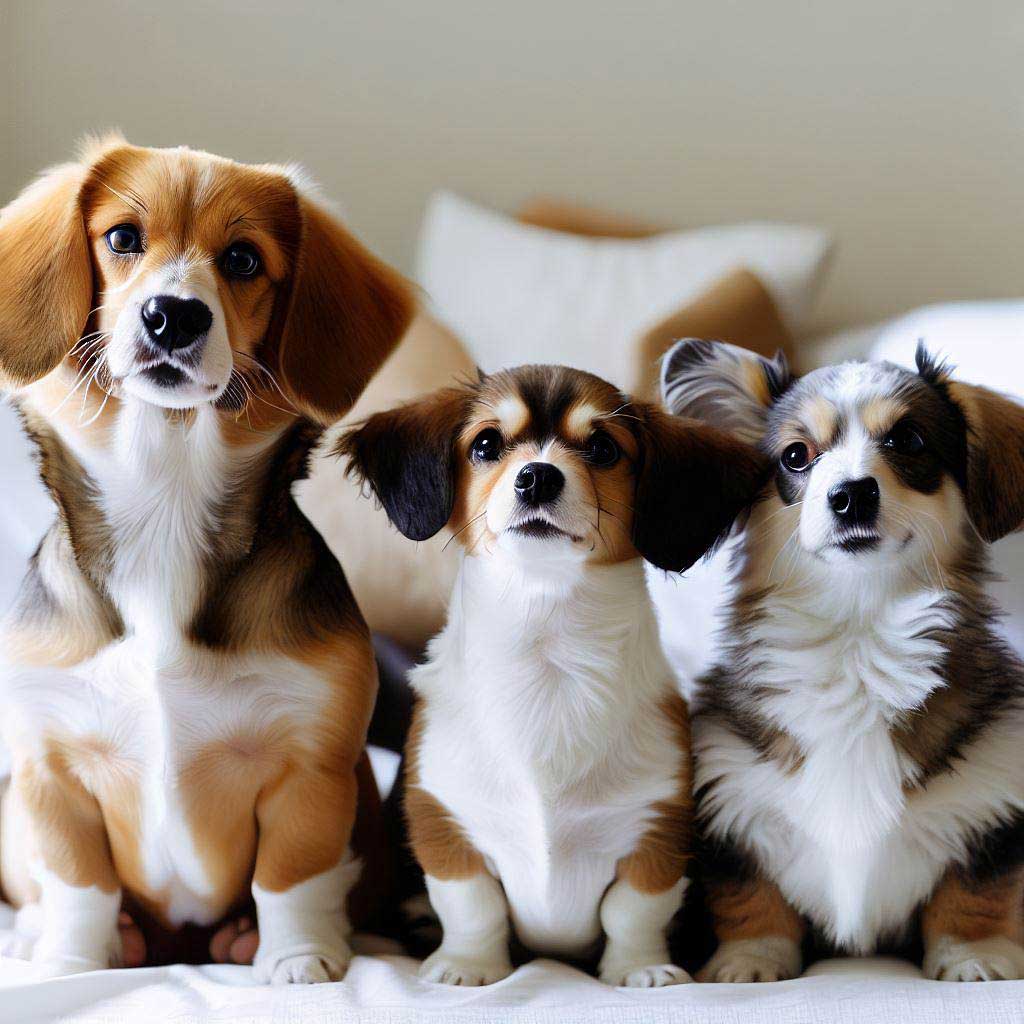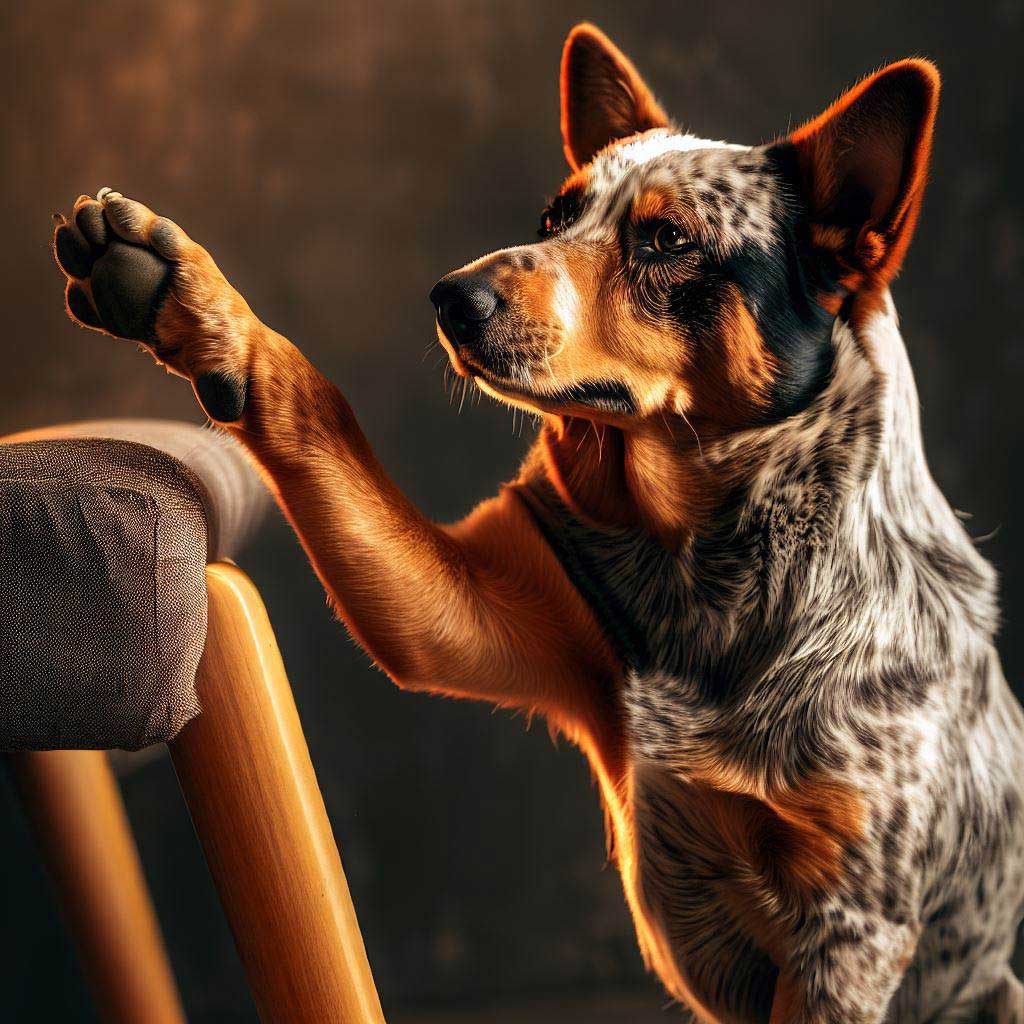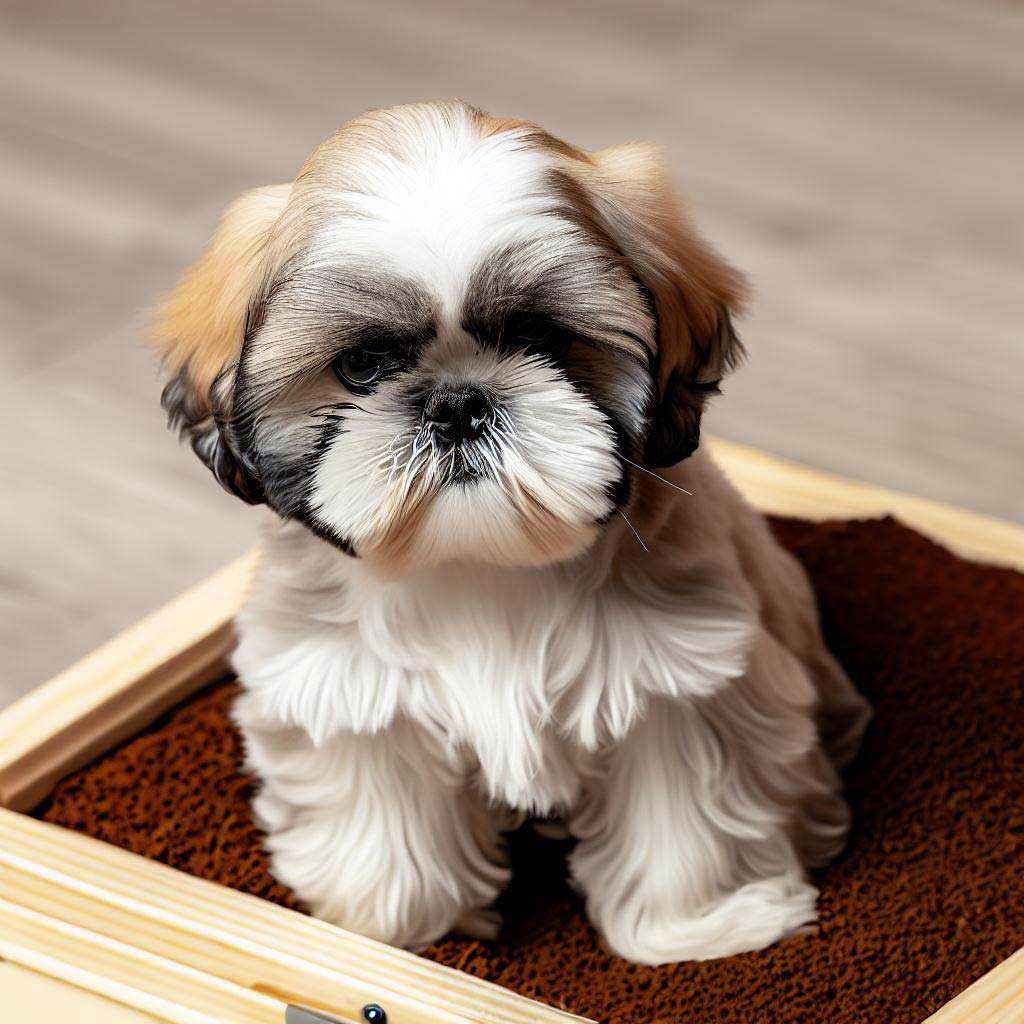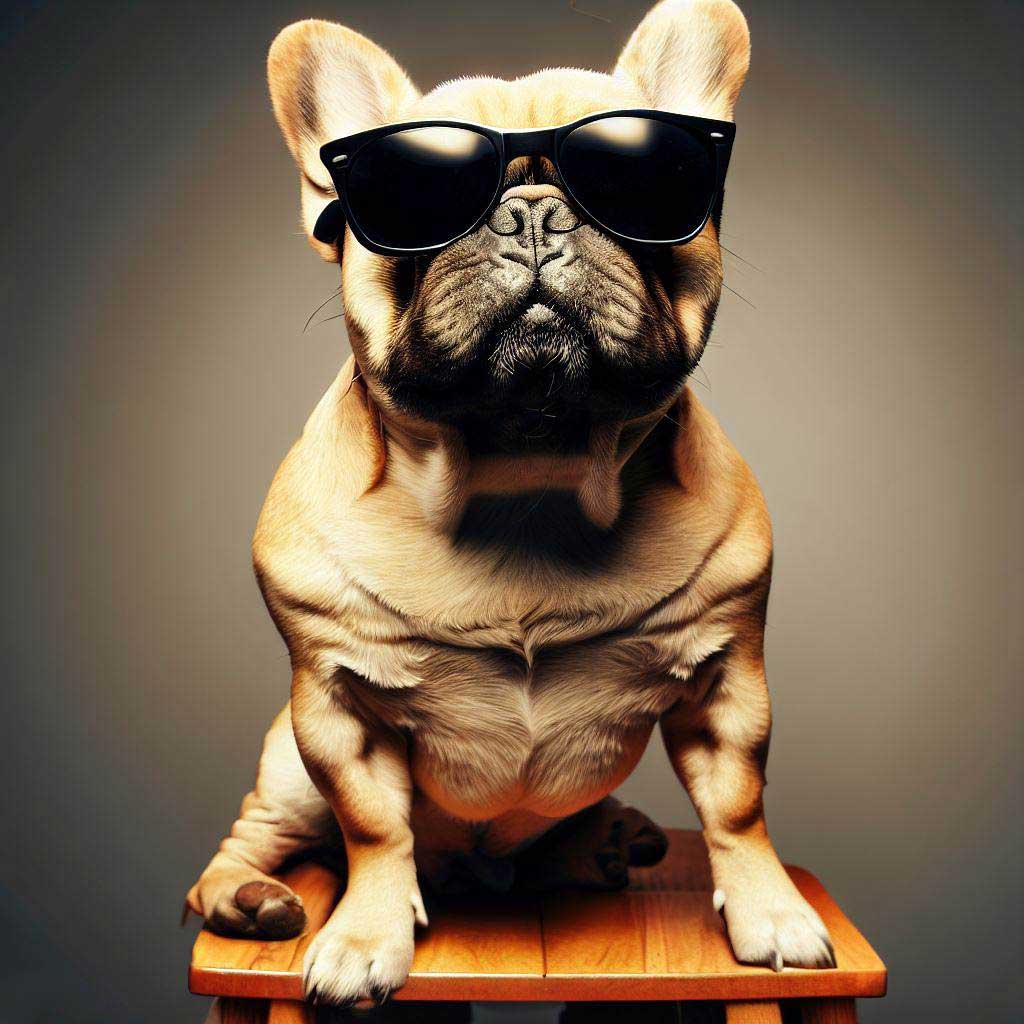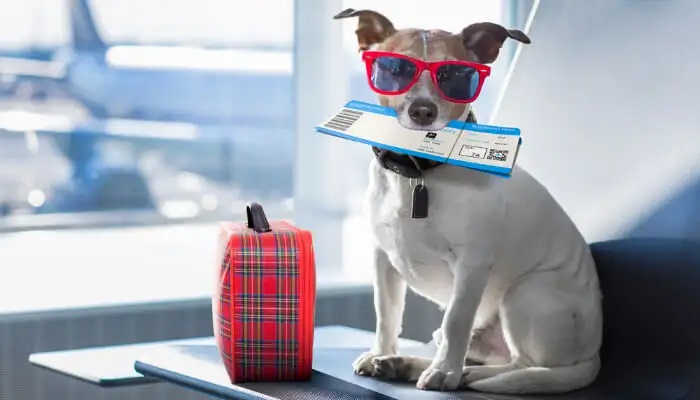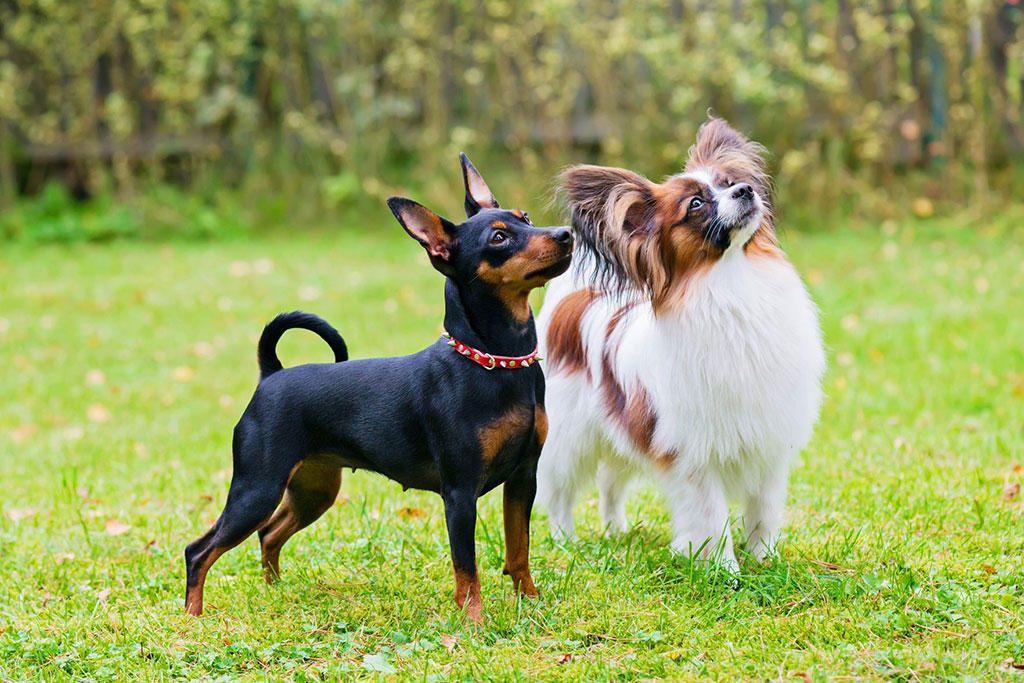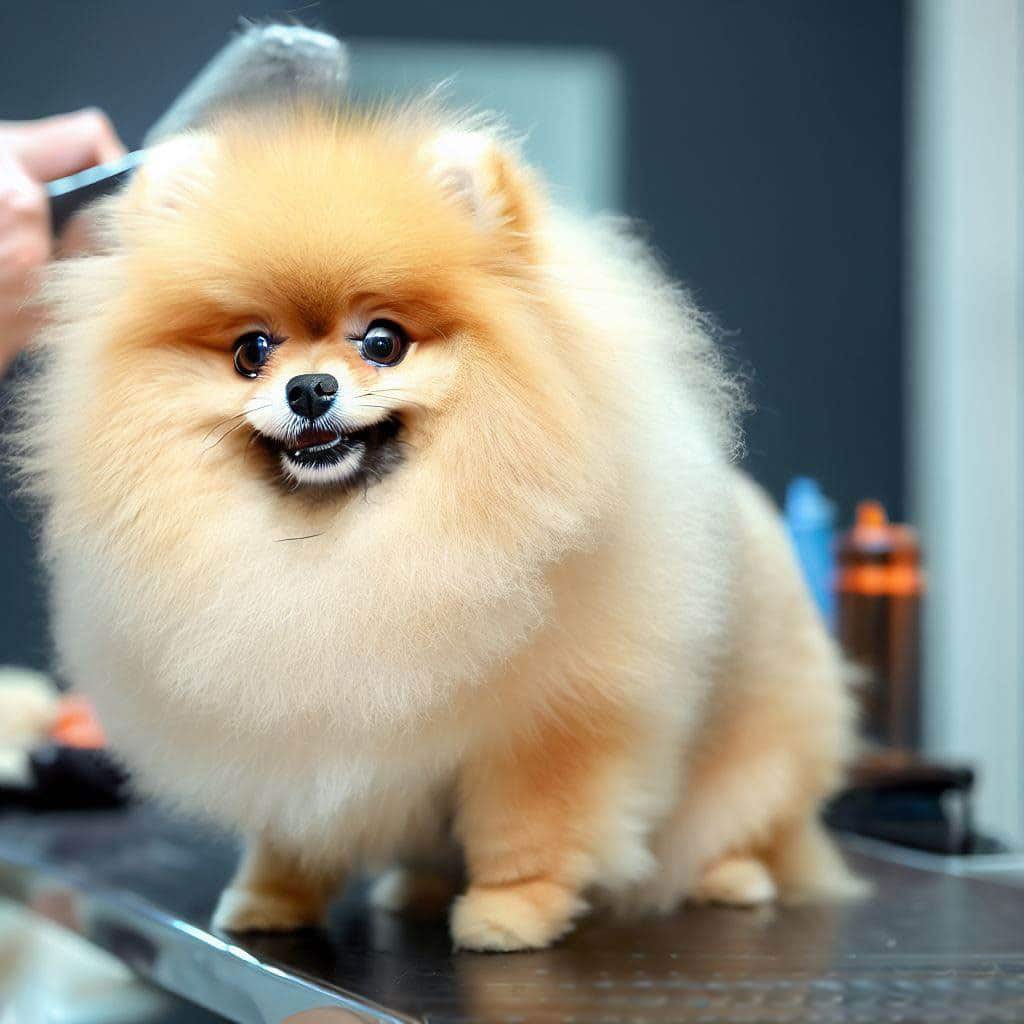The 17 Best Companion Dogs That Make Great Pets: Explore 17 top breeds perfect for companionship, cuddling, and more. Find your ideal lifelong furry friend today!
Table of Contents
What Are The 17 Best Companion Dog Breeds?
Companion dogs, often regarded as man’s best friend, provide not only friendship but also emotional support and comfort. When you think about the best companion dogs, it’s not just about a pet but a member of the family who shares our lives, joys, and sorrows.
Selecting the right breed
Selecting the right breed from the vast variety of best companion dogs available is crucial. Different breeds have various temperaments, sizes, and care requirements. Whether you’re a family with young children or a single person living alone, choosing the right companion dog will lead to a fulfilling and harmonious relationship.
Furthermore, recognizing the unique characteristics of a breed helps in matching it to your lifestyle. For example, some dogs may need extensive exercise and space, while others are content with short walks and indoor living. Therefore, understanding the breed ensures that both owner and pet are happy and compatible.
Key characteristics to look for
When considering the best or perfect companion dogs, a great companion, look for attributes like temperament, size, energy level, grooming needs, and overall health. Friendly and trainable breeds often make excellent companions, but individual preferences may lead to selecting a specific size or activity level.
An active family might opt for an energetic Labrador, while a person looking for a gentle and loving pet might find a Shih Tzu appealing. In any case, careful consideration and understanding of the breed’s nature will pave the way to finding one of the best companion dogs tailored to your needs.
So, embark on this exciting journey with proper research and an open heart, and find the best companion dogs that will enrich your life with unending loyalty and love.
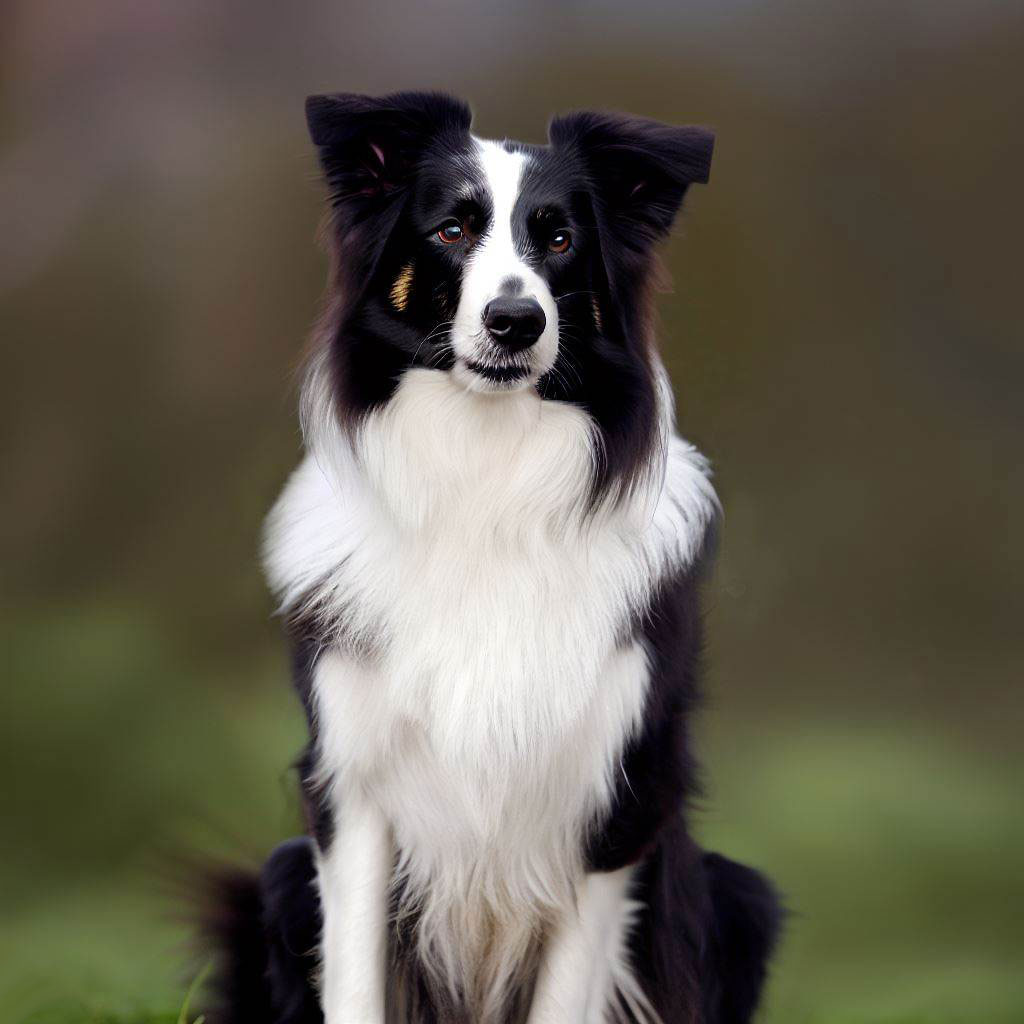
The 17 Best Companion Dog Breeds
1. Labrador Retriever
Personality: Friendly, loyal, and highly trainable, Labradors are known for their eagerness to please. They stand out as one of the best companion dogs, providing endless love and joy.
Size and Appearance: Medium to large-sized breed, with a strong, athletic build. They have a short and dense coat that can be chocolate, black, or yellow.
Ideal Living Situation: Suitable for families, singles, and seniors. Labradors thrive in homes with yards but are adaptable to apartment living with proper exercise, demonstrating their flexible nature.
Training Needs: These dogs respond well to positive reinforcement. Basic obedience training and socialization are essential to mold their loving personality. It’s why many are used as service dogs as well.
2. Golden Retriever
Personality: Gentle, friendly, and intelligent, Golden Retrievers are excellent with children and other pets. They’re among the best companion dogs due to their approachable nature.
Size and Appearance: Medium to large-sized with a beautiful golden coat that shines in the sunlight.
Ideal Living Situation: Great for families and adaptable to various living situations, including apartments if properly exercised, showing their versatile nature.
Training Needs: Eager to please, Golden Retrievers make training relatively easy. Socialization and obedience training are vital for harmonious living.
3. French Bulldog
Personality: Affectionate, easy-going, and often comical, these dogs are great with children. They have a charming personality that wins hearts quickly.
Size and Appearance: Small breed with a muscular build and smooth coat, suitable for those looking for a smaller yet robust companion.
Ideal Living Situation: Suitable for apartments and small living spaces, French Bulldogs are good for singles or families, making them one of the best companion dogs for various lifestyles. For a detailed guide on the best dog breeds for apartments, you can read more here.
Training Needs: Moderate training needs; early socialization is recommended to enhance their friendly demeanor.
4. Cavalier King Charles Spaniel
Personality: Gentle, affectionate, and eager to please, they love human interaction, standing out among the best companion dogs.
Size and Appearance: Small to medium-sized with a silky, wavy coat that requires regular grooming.
Ideal Living Situation: Adaptable to various living situations, including apartments, they fit into diverse lifestyles.
Training Needs: Easily trainable with positive reinforcement; socialization is essential to bring out their best qualities.
5. Poodle (Standard, Miniature, Toy)
Personality: Intelligent, active, and elegant, Poodles are known for their hypoallergenic coat and sharp minds, making them the best companion dogs for those with allergies.
Size and Appearance: Comes in three sizes, each with a curly, dense coat, offering a choice for different preferences.
Ideal Living Situation: Adaptable to various homes, Poodles are excellent for families or singles, demonstrating their flexibility.
Training Needs: Highly trainable; they require mental stimulation and early socialization, responding well to interactive activities.
6. Bichon Frise
Personality: Cheerful, playful, and loving, Bichon Frises are great with families and children, embodying the essence of the best companion dogs.
Size and Appearance: Small, fluffy white coat that gives them an adorable appearance.
Ideal Living Situation: Thrives in apartments or homes with yards, they are good for families and singles.
Training Needs: Basic obedience and socialization; patience with house training may be necessary.
7. Beagle
Personality: Curious, friendly, and excellent with children, Beagles are best companion dogs for those looking for an adventurous friend.
Size and Appearance: Small to medium-sized with a short, dense coat.
Ideal Living Situation: Beagles need space to explore and do better in homes with yards.
Training Needs: Requires patient, consistent training, and early socialization to channel their exploratory instincts.
8. Yorkshire Terrier
Personality: Small but brave, Yorkies are affectionate and loyal to their owners, often forming a deep bond.
Size and Appearance: Very small with a long, silky coat, they make great apartment dogs.
Ideal Living Situation: Great for apartment living and singles, Yorkies represent the best companion dogs for urban dwellers.
Training Needs: Basic obedience training and socialization required, responding well to gentle guidance.
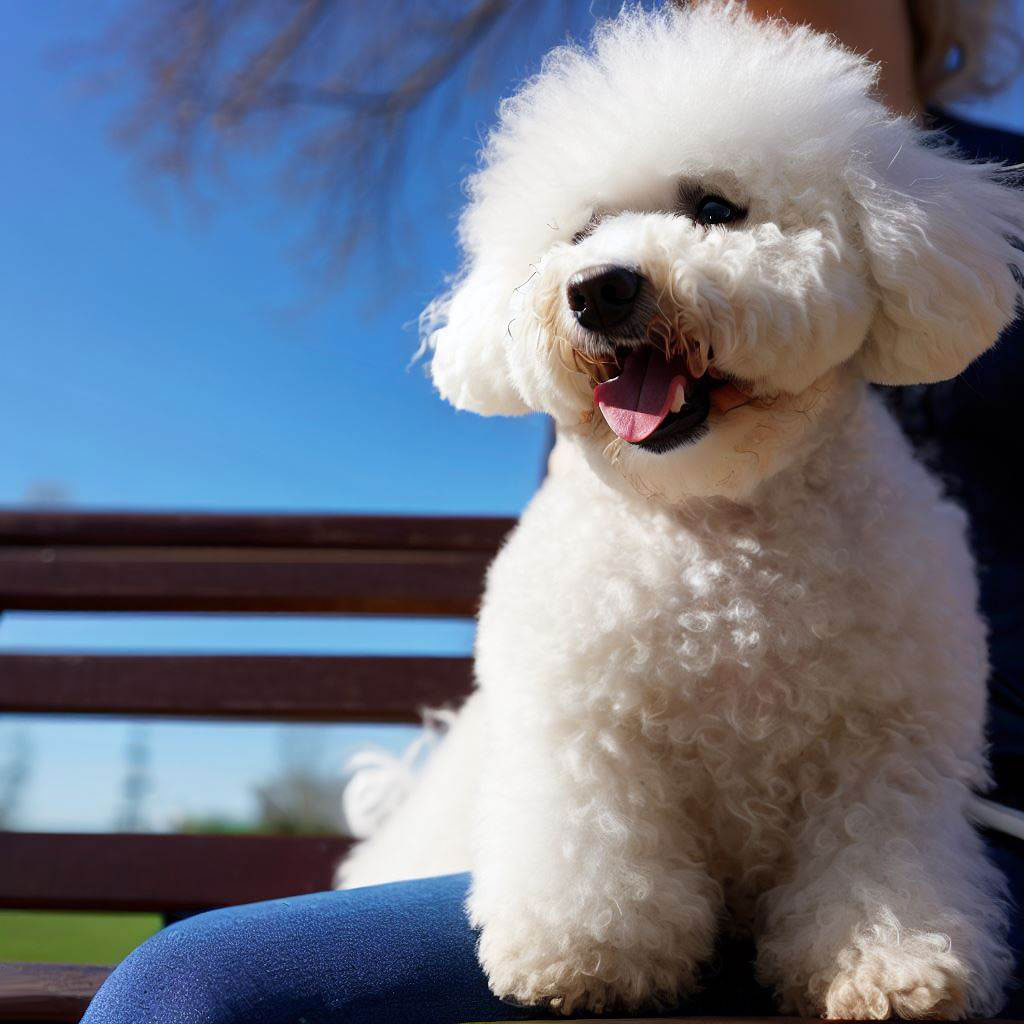
9. Bulldog
Personality: Gentle and very loyal, Bulldogs are excellent family pets. Their calm demeanor makes them one of the best companion dogs for families looking for a placid family member.
Size and Appearance: Medium-sized with loose, wrinkled skin that gives them a distinctive and endearing appearance.
Ideal Living Situation: Adaptable to most living situations, Bulldogs can thrive both in a home with a yard or an apartment, displaying a versatile nature.
Training Needs: Moderate training needs; Bulldogs benefit from early socialization, and consistent reinforcement helps in developing their friendly nature.
10. Shih Tzu
Personality: Friendly, happy, and outgoing, Shih Tzus are great companions. They exhibit joy and affection, earning them a spot among the best companion dogs.
Size and Appearance: Small breed with a luxurious long coat that adds to their charm and requires regular grooming.
Ideal Living Situation: Suitable for both apartments and homes, they adapt to various environments effortlessly.
Training Needs: Easily trainable; they require consistent grooming and positive techniques to bring out their best characteristics.
11. Cocker Spaniel
Personality: Gentle and loving, Cocker Spaniels are great with children and other pets. Their affectionate nature makes them one of the best companion dogs for families.
Size and Appearance: Medium-sized with a wavy, lush coat that’s delightful to touch.
Ideal Living Situation: Adaptable, but thrives with space to run, they love engaging in outdoor activities.
Training Needs: Obedience training and socialization are crucial, and these dogs respond well to loving and firm guidance.
12. Pug
Personality: Charming, mischievous, and loving, Pugs are known for their characterful expressions and entertaining antics.
Size and Appearance: Small, muscular with a distinctive wrinkled face that enhances their charm.
Ideal Living Situation: Good for apartments and small living spaces, Pugs fit well into urban lifestyles.
Training Needs: Moderate training; they respond well to positive techniques, making them trainable and lovable.
13. Maltese
Personality: Gentle, playful, and affectionate, Maltese are amiable dogs, always ready for fun.
Size and Appearance: Small with a long, flowing coat, they present an elegant appearance.
Ideal Living Situation: Suitable for apartments; great for singles or families, Maltese are among the best companion dogs for different living scenarios.
Training Needs: Trainable with patience; regular grooming required to maintain their beautiful coat.
14. Dachshund
Personality: Curious, brave, and playful, Dachshunds are famous for their unique elongated body and lively disposition.
Size and Appearance: Small with a distinctive shape, they’re appealing to those looking for a different breed.
Ideal Living Situation: Adaptable; suitable for homes or apartments, Dachshunds are versatile and adaptable.
Training Needs: Can be stubborn; requires consistent, patient training to manage their headstrong tendencies.
15. Chihuahua
Personality: Very loyal, often attached to one person, Chihuahuas are dedicated companions and often form intense bonds.
Size and Appearance: Very small breed with a variety of coat types, adding to their individual appeal.
Ideal Living Situation: Excellent for apartment living and singles, they are some of the best companion dogs for those with limited space.
Training Needs: Early socialization and obedience training are necessary to channel their intense loyalty appropriately.
16. Boxer
Personality: Energetic, fun-loving, and loyal, Boxers are full of life and enthusiasm, making them some of the best companion dogs for active families.
Size and Appearance: Medium to large-sized, muscular build that showcases their strength and vigor.
Ideal Living Situation: Needs space to run; best in homes with yards where they can expend their boundless energy.
Training Needs: Requires exercise, mental stimulation, and consistent training to keep them engaged and well-behaved.
17. Border Collie
Personality: Highly intelligent, energetic, and eager to please, Border Collies are recognized as one of the most intelligent and best companion dogs.
Size and Appearance: Medium-sized with a thick double coat, they are attractive and hardy.
Ideal Living Situation: Best in homes with space to run; Border Collies need lots of exercise and thrive in open spaces.
Training Needs: Requires mental and physical stimulation; they excel in obedience and agility training, needing engaging activities to fulfill their intellect.
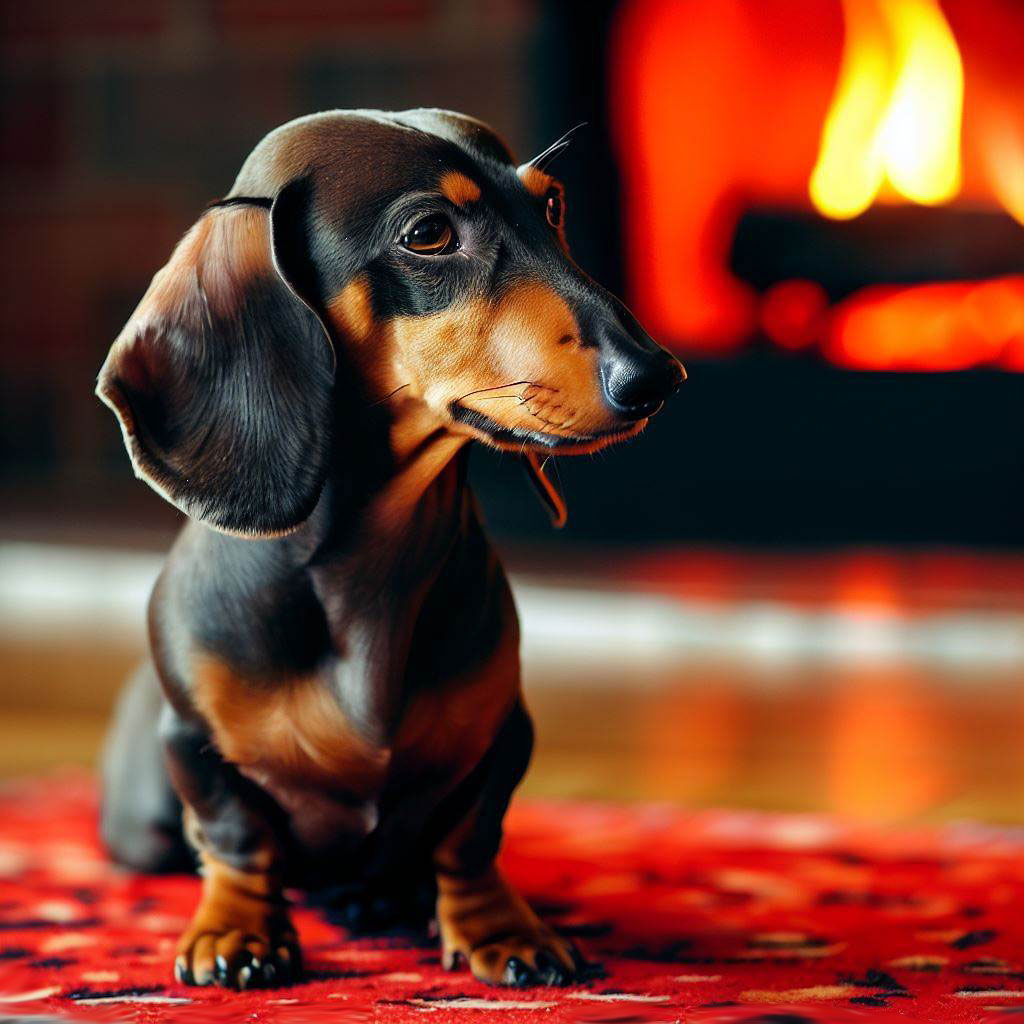
Benefits of Having a Great Companion Dog
Emotional Support
Having a companion dog is not just a joy; it’s a source of emotional support. Companion dogs can sense your feelings, providing comfort during stressful times. As some of the best companion dogs, they become part of your emotional fabric, lifting your spirits when you’re down.
Increased Physical Activity
Companion dogs need exercise, and so do you. They encourage physical activity, pushing you to take daily walks or engage in play. This relationship isn’t just about companionship; it’s about mutual well-being. The best companion dogs get you moving and keep you healthy.
Family Integration
A companion dog can become the glue that binds a family. Sharing responsibilities, playing together, and simply spending time with a furry friend enhance family bonds. Choosing from the best companion dogs that suit your family needs can result in a happier, more integrated household.
Choosing the Right Companion Dog for Singles
Assessing Lifestyle and Living Situation
If you’re single and thinking about getting a dog, consider your lifestyle and living situation first. Are you active or more homebound? Do you live in an apartment or a house with a yard? Understanding these aspects will guide you to the best companion dogs that fit your life.
Specific Breeds Suitable for Singles
Some breeds are particularly suitable for singles. If you have an active lifestyle, breeds like the Boxer or Border Collie may be perfect. If you prefer a quieter life, perhaps a Bulldog or Shih Tzu. These breeds, and others, can be the best companion dogs for singles.
Training and Socialization Requirements
Training isn’t just about obedience; it’s about building a relationship. As a single person, your dog may become your primary companion. Hence, training and socialization are essential, but if you’re new to dog training, you can find a more detailed guide here. The best companion dogs for singles are those that match your ability to provide these vital components.
Choosing the Right Companion Dog for Families
Assessing Family Needs and Lifestyle
Every family is unique, and so the best companion dogs for families vary. You must assess your family’s needs and lifestyle. Do you have young children or other pets? How much time can you dedicate to a dog? The answers to these questions guide your choice.
Specific Breeds Suitable for Families
Certain breeds are known to be excellent family dogs. Breeds like the Golden Retriever, Labrador Retriever, or Cocker Spaniel are often considered among the best companion dogs for families. They offer a combination of temperament, size, and energy level that can harmonize with family life. More information on the best behaved dog breeds you can read here.
Training and Socialization for Family Integration
The best companion dogs for families are those that can integrate smoothly. This requires training and socialization that involves all family members. From basic obedience to understanding each family member’s role, training fosters a cohesive relationship between the dog and family.
Training Essentials for Companion Dogs
Basic Obedience Training
Even the best companion dogs require basic obedience training. Sit, stay, come, and heel are foundational commands. Teaching these helps in establishing communication and control, making the relationship with your dog more enjoyable and safe. Read the best 7 commads to train your dog in this article,
Socialization Techniques
Socialization is not about exposing your dog to others but doing so in a controlled, positive manner. The best companion dogs are those that can interact comfortably with other dogs and people. This requires gradual exposure and positive reinforcement.
Tips from Professional Dog Trainers
From my experience as an accredited trainer, the best companion dogs are those trained with consistency, positivity, and understanding. Always reward good behavior, be patient, and understand your dog’s cues. Training is a dialogue, not a monologue.
Tips and Tricks for Owning a Companion Dog
Proper Nutrition
Even the best companion dogs need proper nutrition. This involves quality dog food that meets your dog’s specific age, weight, and health needs. Regular check-ups with a vet can guide your choices and ensure your dog stays healthy.
Regular Exercise and Play
All dogs need exercise and play, not just for physical health but mental stimulation too. Even the best companion dogs can become bored or frustrated without enough activity. Regular walks, play sessions, and mental games keep your dog happy and engaged.
Grooming and Healthcare Tips
The best companion dogs still require grooming and healthcare. Regular grooming, depending on the breed, helps in spotting potential health issues early and you can read some great dog grooming tips in this article. Regular veterinary care, vaccinations, and preventive medications are part of responsible ownership.

Conclusion: Best Companion Dogs
Finding the best companion dogs involves a thoughtful consideration of your lifestyle, living situation, and the unique needs of your family or individual circumstances. Whether it’s the loyal Bulldog, the playful Shih Tzu, or the intelligent Border Collie, there’s a perfect match for everyone.
The best companion dogs offer emotional support, increased physical activity, and can strengthen family bonds. They are not merely pets but lifelong companions, providing joy and support in various aspects of life.
Importance of choosing the right breed and proper training
Selecting the right breed from the array of best companion dogs is crucial to a successful relationship.
It’s not just about appearance or size, but the temperament, energy level, and specific needs of the breed. Training plays a significant role here. Proper obedience training and socialization aren’t just about control; they foster communication and mutual respect.
Training the best companion dogs involves consistency, understanding, and positive reinforcement, cultivating a bond that grows and deepens over time.
Reach out to professional trainers if needed
No matter how many guides you read about the best companion dogs, how to train them, what to do, some aspects of training and socialization may require professional guidance.
Professional trainers have the experience and skills to help you understand your dog’s specific needs and tendencies. Don’t hesitate to seek professional assistance if you encounter challenges. because even the best companion dogs can present unique challenges that may be beyond a first-time owner’s capabilities.
A professional trainer can provide personalized strategies that ensure your dog becomes not just well-behaved but a well-integrated member of your family.
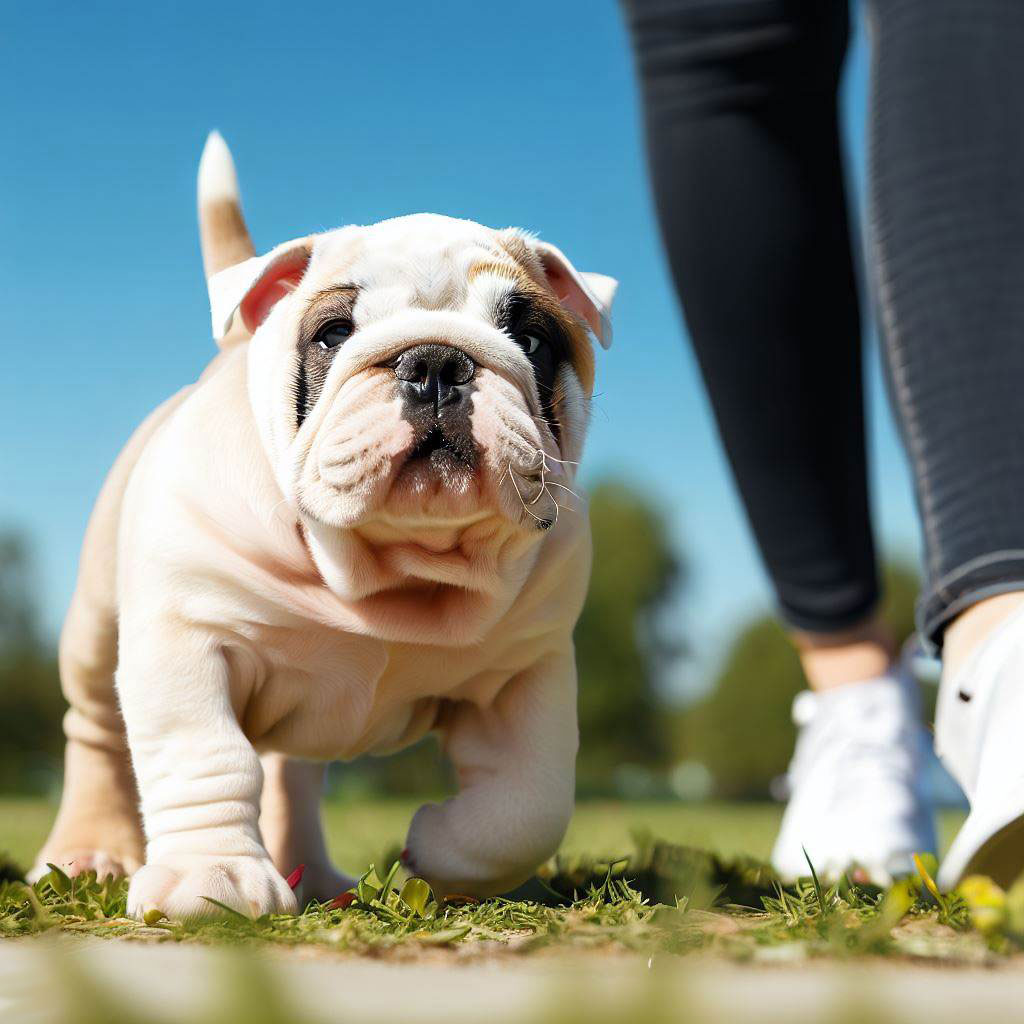
FAQ: Best Companion Dogs
What makes a dog breed suitable as a companion dog?
A dog breed becomes suitable as one of the best companion dogs through key characteristics such as temperament, size, adaptability, and affection level. Naturally, loyal, gentle, and adaptable breeds tend to make excellent companions, fitting effortlessly into various lifestyles.
Are small dogs always better for singles?
While small breeds may seem an obvious choice for singles, it’s not always the case. Selecting the best companion dogs for singles requires consideration for lifestyle, living arrangements, and activity level. Even a larger, low-energy breed might be an excellent match for a single person living in an apartment.
Can I train my companion dog myself?
Certainly, many of the best companion dogs are trainable by their owners, especially with consistent and positive techniques. However, if challenges arise, don’t hesitate to seek professional help, as trainers have the expertise to deal with specific behaviors.
What are the grooming needs of companion dogs?
Grooming needs vary among the best companion dogs. Some breeds like the Poodle require regular professional grooming, while others, such as the Beagle, need minimal grooming. Researching breed-specific guidelines is essential for maintaining a healthy coat and skin.
Are there any hypoallergenic companion dogs?
Yes, if allergies are a concern, some of the best companion dogs like the Schnauzer or Bichon Frise are known to be hypoallergenic. However, it’s advisable to spend time with a breed before making a decision, as individual reactions may vary.
How do I socialize my companion dog?
Socializing best companion dogs involves exposing them to various people, pets, and environments. This process starts early, ideally during puppyhood, with controlled positive experiences. Regular social interactions with different age groups and environments promote confidence and well-rounded behavior.
Is it difficult to train a companion dog?
Training needs differ among the best companion dogs. Some breeds learn quickly, while others may be more stubborn. Utilizing positive reinforcement techniques, consistency, and seeking professional support when needed can ease the process.
Can I take my companion dog on holidays?
Taking best companion dogs on holidays involves travel considerations such as pet-friendly accommodations, safety equipment, and understanding the pet regulations of your destination. Planning ahead ensures a joyful and stress-free vacation with your furry friend.
How do companion dogs help with emotional well-being?
Best companion dogs often become vital emotional support partners, providing comfort, joy, and reducing stress. Their unconditional love and presence have therapeutic effects, often leading to improved mental well-being.
Which companion dog is best for families with children?
Breeds like the Labrador Retriever and Golden Retriever are among the best companion dogs for families with children due to their gentle temperament and patience. Considering the family’s activity level, space, and children’s ages will guide the ideal choice.
What does a companion dog do?
A companion dog provides affection, company, and often emotional support. The best companion dogs become integral family members, sharing in daily life and activities.
What is the best companion dog?
Choosing the best dog for a companion depends on individual needs and lifestyle. Breeds like French Bulldogs or Cavalier King Charles Spaniels are popular choices due to their affectionate and adaptable nature.
How does a dog qualify as a companion dog?
Qualifying as one of the best companion dogs depends on factors like temperament, adaptability, size, and energy level. These characteristics help form a close, loving relationship with the owner.
What is the difference between a companion dog and an assistance or service dog?
While best companion dogs provide emotional support and companionship, assistance dogs have specific training to perform tasks for individuals with disabilities.
Can my dog be a companion dog?
Most dogs have the potential to become great companions. Understanding and catering to their specific needs can help them become one of the best companion dogs for you.
Can you get a dog for anxiety?
Indeed, many find that the best companion dogs are wonderful supports for anxiety, offering comfort and a sense of security.
Do dogs prefer a companion dog?
Some dogs prefer canine companionship, while others may not. Understanding your dog’s temperament and needs will guide this decision.
Is it better for a dog to have a companion dog?
It’s not universally better for a dog to have a companion, but some of the best companion dogs do enjoy the company of another canine friend.
What dog gets along with everyone?
Breeds like the Labrador Retriever are often noted as getting along with almost everyone, making them one of the best companion dogs across various settings.
What’s the difference between a companion dog and therapy dog?
A companion dog is primarily a pet whose main role is to provide companionship, affection, and emotional support to its owner or family. While a companion dog can have a profound positive impact on an individual’s emotional well-being, it doesn’t typically have specialized training to work with individuals outside of its own household. Companion dogs can be of any breed and usually live with their owners as regular household pets.
A therapy dog, on the other hand, is a dog trained to provide comfort and positive interactions to various people, often in settings like hospitals, schools, nursing homes, and rehabilitation centers. Therapy dogs undergo specific training to ensure that they are well-behaved, gentle, and comfortable in diverse environments. They interact with many different individuals, not just their owner, and are utilized as part of therapeutic programs to enhance the emotional and physical well-being of those they engage with.
What’s the difference between service dogs and therapy dogs?
Service dogs are trained to perform specific tasks to assist individuals with disabilities, such as guiding the visually impaired, alerting the hearing impaired, helping someone with mobility challenges, or alerting to seizures.
Therapy dogs are trained to provide comfort, affection, and emotional support to various individuals, often in institutional settings like hospitals, schools, or nursing homes.
What is the best second dog to get?
The best second dog to get depends on various factors, including the temperament, size, energy level, and needs of your current dog. It’s crucial to select a breed or individual dog whose personality and requirements will mesh well with your existing dog’s characteristics. Often, a dog with a complementary energy level and temperament can be a great fit. Consulting with a professional dog trainer or behaviorist to assess your current dog’s needs and preferences can provide valuable guidance in choosing the perfect second dog.
What dogs like to be in pairs?
Many dogs enjoy the companionship of another dog, but it can vary by breed and individual temperament. Breeds known for being particularly social and likely to thrive in pairs might include Golden Retrievers, Labrador Retrievers, and Spaniels. However, every dog is unique, so observing their social tendencies, engaging with professional advice, and perhaps even arranging controlled meet-and-greets with potential canine companions can be essential in determining whether your dog would like a companion.
What is the best companion dog toy?
The best companion dog toy depends on your dog’s preferences, play style, and needs. Some popular options include interactive puzzle toys that stimulate the mind, durable chew toys for those that love to gnaw, and squeaky or plush toys for dogs who enjoy a softer play experience. Engaging toys that can be used for fetch or tug-of-war games also offer great bonding experiences. The Kong Classic Dog Toy is often recommended for its versatility and durability, but the best toy will align with your individual dog’s interests and needs.
What is the best dog for companionship and protection?
For those seeking a dog that offers both companionship and protection, breeds known for their loyalty, intelligence, and trainable nature may be ideal. German Shepherds, Rottweilers, and Boxers are examples of breeds often praised for their protective instincts and strong bonds with their families. However, it’s important to recognize that training and socialization play a crucial role in developing these traits in a balanced way. Engaging with a professional trainer to ensure proper obedience and protection training is advisable to foster both companionship and the desired protective behaviors.
